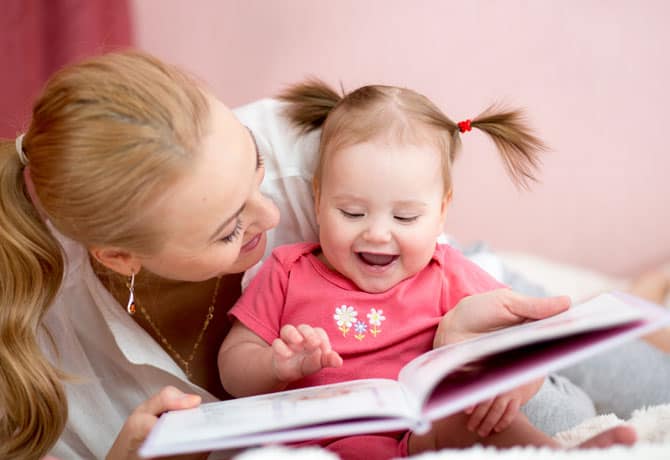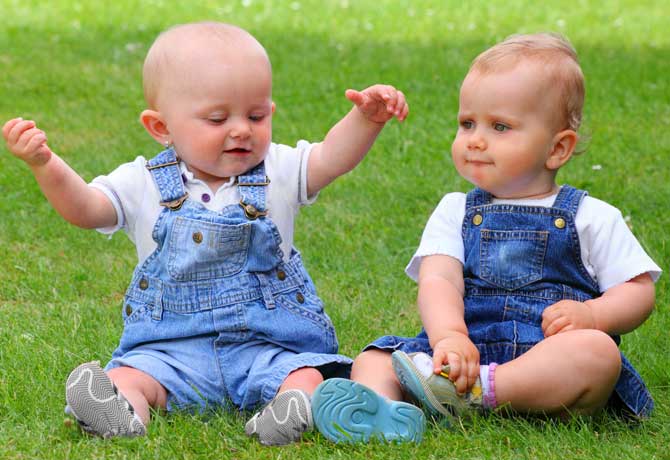Childhood Lisp? What Is A lisp and Is It Ever Age-Appropriate?
A lisp usually refers to a person having difficulty producing the /s/ and /z/ sound, however some children lisp on /sh/, /ch/ and /j/ as well. If a person lisps, he/she would distort one or many of those sounds.
Two types of Lisps
There are two different kinds of lisps. The first type of lisp is where the child sticks his/her tongue between his teeth to make the /s/ sound (e.g. “thun/sun”). This is called an interdental lisp. The second type is where the child does not lift the sides of his/her tongue up high enough which results in the air escaping into his/her cheeks. This type of lisp is a lateral lisp and the child often sounds “slushy”.
Is a lisp developmentally appropriate?
Many young children do present with interdental lisps and this is considered age appropriate until approximately 4-5 years of age. A lateral lisp, however, is never considered developmentally appropriate and a Speech-Language Pathologist should be consulted without delay.
If your child has an interdental lisp, here are a few things you can try at home.
-Have your child smile with his/her teeth together and have him/her blow (this should result in a /s/ sound).
-Have your child say the /t/ sounds multiple times in a row, followed by a long /t/ (e.g. t-t-t-t-ttttttttt). This should result in a /s/ sound).
If your child has a lateral lisp, here are a few things you can try at home.
-Have your child place a piece of tissue or a feather in front of his/her lips and encourage him/her to direct the air in that direction while saying the /s/ sound.
-Have your child say the /t/ sounds multiple times in a row, followed by a long /t/ (e.g. t-t-t-t-ttttttttt). This should result in a /s/ sound).
It is highly recommended that you seek support from a Speech-Language Pathologist especially for those children after the age of 5 who continue presenting with an interdental lisp
The above tips are merely suggestions and it is highly recommended that you seek support through speech therapy for kids from a Speech-Language Pathologist especially for those children after the age of 5 who continue presenting with an interdental lisp and children of any age presenting with a lateral lisp. The older a child is when therapy begins, the more difficult it is to correct the error, as the sound in error is more habitual and automatic.










